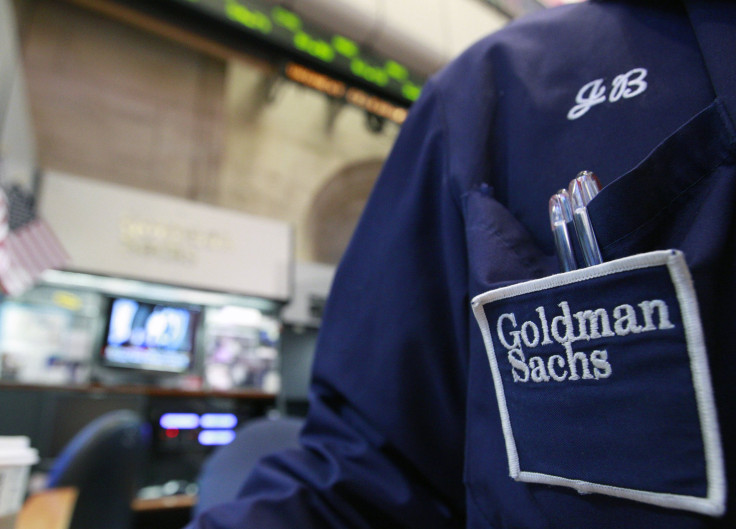Goldman Sachs Pulls The Plug On BRIC Fund As Emerging Economies Struggle To Attract Investors

Goldman Sachs Group Inc. closed its loss-making BRIC fund as it does not expect a revival in the fortunes of the fund that since 2006 invested heavily in Brazil, Russia, India and China. In the past five years, the fund reportedly saw its value plunge by more than a fifth as the four countries struggled to retain investor interest.
The Wall Street bank -- once a major proponent of investing in the four countries -- announced in a regulatory filing dated September, that it had closed the BRIC fund and merged it with a broader emerging-market fund, Bloomberg reported Sunday. The acronym was coined in 2001 by former Goldman Sachs economist Jim O’Neill in a economics paper titled "The World Needs Better Economic BRICs" in which he predicted that the four developing countries would shape a new economic world order.
However, since then and in recent months, Russia and Brazil have been buffeted by recessions while China has struggled to stabilize its volatile stock market in the face of a slowing economy, and India has struggled to implement reforms that would speed up the country's growth. The fund, in turn, saw its assets decline to $98 million at the end of September after peaking at $842 million in 2010, according to data compiled by Bloomberg.
“The promise of BRIC’s rapid and sustainable growth has been challenged very much for the last five years or so,” Jorge Mariscal, chief investment officer of emerging markets at UBS Wealth Management, told Bloomberg. “The BRIC concept was popular. But nothing is eternal.”
Goldman Sachs, which said the move was to give investors access to “a more diversified universe” of developing nations, is not alone in cutting its losses in the four countries. Investors have withdrawn more than $15 billion since 2010, more than all the inflows since 2005, according to Bloomberg.
“The BRIC acronym didn’t make any sense in the first place because you just randomly group four countries which are completely different,” Xavier Hovasse, who oversees $2.3 billion emerging market assets at Carmignac Gestion, told Bloomberg.
© Copyright IBTimes 2025. All rights reserved.





















